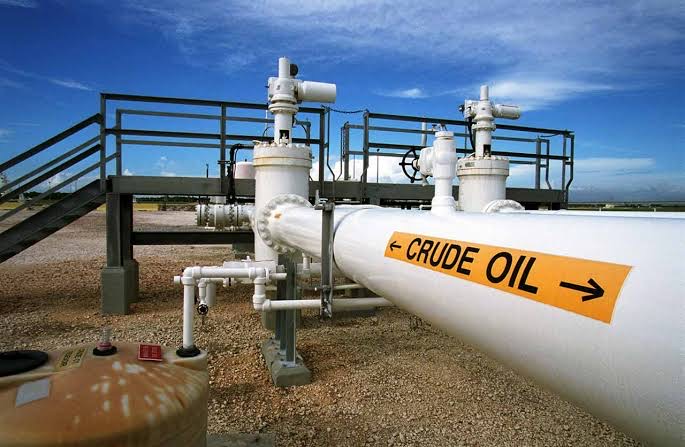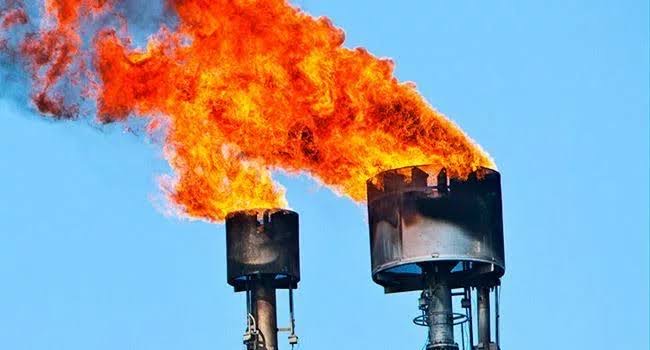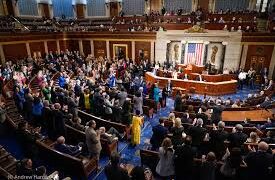According to Journalists’ findings, the amount of gas flared in the first six months of 2024 could power more than 3 million homes. It was reported by the National Oil Spill Detection and Response Agency (NOSDRA), that an estimated 148.7 million standard cubic feet of gas was flared in the first half (H1) of 2024.
Recent data from the National Oil Spill Detection and Response Agency (NOSDRA) Nigeria Gas Flare Tracker showed that the country’s flared gas has a power generation potential of 3,401.83 megawatts (MW).
As stated by the US Energy Information Association, one megawatt of power can power 1,000 homes. This means that the gas flared in the first half of 2024 could power at least 3.4 million homes. The value of the flared gas is about $360 million, which could ease the West African country’s foreign exchange problems.
Nigeria has been struggling for years with foreign exchange shortages that have led to slow economic growth, devaluation of the naira, and worsening inflation.

As PricewaterhouseCoopers alluded to in a report titled ‘Privatisation in the Power Sector: Navigating the Transition.’ “The rule of thumb for an industrial nation is about 1MW for every thousand population”.
According to the Nigerian Electricity System Operator, Nigeria has an installed generation capacity of about 13,014.14 MW and an operating capacity of about 4,000 MW. Thus, power generation in Nigeria remains a major challenge.
In comparison, over 100 million Nigerians have no access to electricity and over 75 percent of West African countries have no access to clean energy for cooking.
“Despite all the interventions and subsidies, over 100 million Nigerians still do not have access to consistent and affordable electricity,” said Olu Berhadjen, Special Adviser to President Bola Tinubu on Energy Affairs.
In their view, lack of access directly impacts the ability of citizens to achieve meaningful income growth, limiting productivity and stifling economic growth.
“The link between electricity consumption and economic development is well established across different countries in different income strata.”
As Africa’s largest oil producer, Nigeria is no stranger to energy issues. The high number of power outages in Nigerian communities highlights the inefficiencies plaguing the country’s energy sector.

A few weeks ago, the country’s power grid partially collapsed, plunging parts of the country into darkness. This is the seventh time the country has experienced a complete grid failure in 2024, resulting in a complete blackout across much of the country.
Since the grid was privatized a decade ago, it has failed more than 141 times, highlighting ongoing problems in the energy sector.
Experts stress the urgent need for gas commercialization, strengthened regulation, development of floating liquefied natural gas (FLNG) and amendments to the Petroleum Industry Act to address these issues.
Preye David Orodu, Senior Engineer at KEOT Synergy, stressed the importance of a practical gas commercialization effort backed by a strong infrastructure network.
Orodu noted that some of the liquefied petroleum gas (LPG) used in the country is imported, making the supply chain more uncertain.”By promoting gas commercialisation, we can attract investment, thereby reducing our reliance on imports,” Olodu said.
For energy analyst Bala Zakka, the use of natural gas, a cleaner source of energy, could help boost investment in gas turbines and power generation.
He said Nigeria has not done enough as a member of the Organization of Petroleum Exporting Countries and the Forum of Gas Exporters.
Energy analyst Kelvin Emmanuel stressed the need for deregulation of gas prices to motivate operators to commercialize the gas they currently flare, thereby reducing environmental and economic losses.
Emmanuel said this is important because “The reason this is critical is because if the cost of gas per standard cubic feet is lower than the cost of penalty for flaring, the operators will reject re-injection and opt for the fines.”
To address this issue, Emmanuel proposed the development of floating LNG vessels, which would reduce the cost of building standard trains, reduce the risk of vandalism and facilitate the extraction of associated gas from wells. Emanuel said this approach would eliminate the need for flaring and reinjection, providing a more sustainable way to use gas.

































